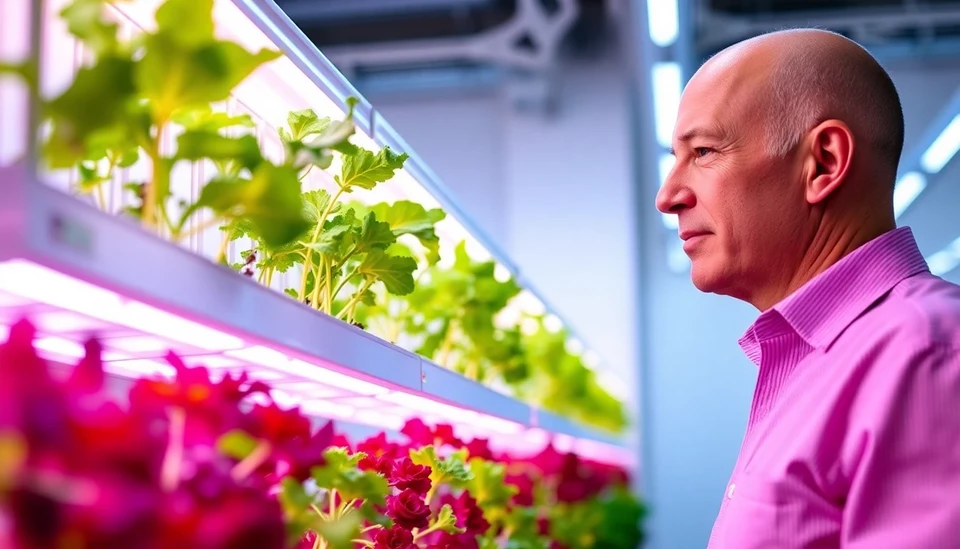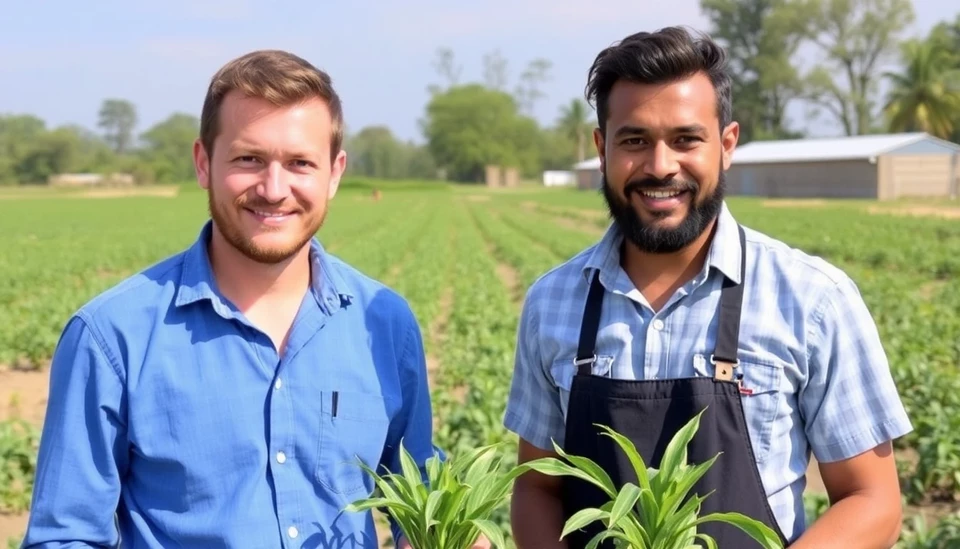
In a significant turn of events within the agriculture and technology sectors, Plenty, a vertical farming company co-founded by billionaire Jeff Bezos, has filed for bankruptcy. The company, which was once seen as a pioneer in the sustainable food movement, failed to navigate the complex and competitive landscape of urban agriculture, leading to this recent development.
Plenty, which garnered substantial backing from major investors including SoftBank, aimed to revolutionize farming by utilizing indoor vertical farms equipped with advanced technology. Their goal was to deliver fresh produce to urban markets while utilizing minimal resources such as water and land. Despite the ambitious vision and initial enthusiasm, the company faced numerous challenges, from excess capital expenditure to an inability to scale its operations efficiently.
As consumer preferences shifted and the demand for locally sourced food increased, Plenty’s strategies did not seem to resonate well with the market. Additionally, competition within the vertical farming sector intensified, with new players entering the fray and established agricultural practices proving difficult to displace. Many industry observers expressed concerns over Plenty’s business model and operational scalability well before the bankruptcy filing.
SoftBank, one of the major backers of Plenty, has invested heavily in a range of technology companies over the years. However, the Japanese conglomerate has faced scrutiny for its aggressive investment strategies in various sectors, which have not consistently yielded profitable returns. The bankruptcy of Plenty serves as a stark reminder of the volatility inherent in the agtech sector and the risks associated with speculative investments.
The bankruptcy filing is not only a setback for Plenty but also raises questions about the future of vertical farming as a viable alternative to traditional agriculture. It highlights the need for sustainable and economically feasible solutions to food production, particularly in urban areas where space is limited. Experts suggest the industry must adapt and innovate to overcome hurdles and meet the growing demand for fresh produce.
In a statement following the filing, the executive team at Plenty acknowledged the challenges faced and expressed a commitment to exploring all available options for the company and its stakeholders. They emphasized the importance of continuing efforts towards sustainable agriculture and the lessons learned through their journey in the vertical farming landscape.
The collapse of Plenty is seen as a pivotal moment for the agtech industry, prompting a broader reevaluation of business models and investment strategies in the sector. It remains to be seen how this will impact the future of vertical farming and whether other players will emerge stronger from these lessons learned.
#Plenty #Bankruptcy #VerticalFarming #Agtech #JeffBezos #SoftBank #SustainableAgriculture #UrbanFarming
Author: John Harris
